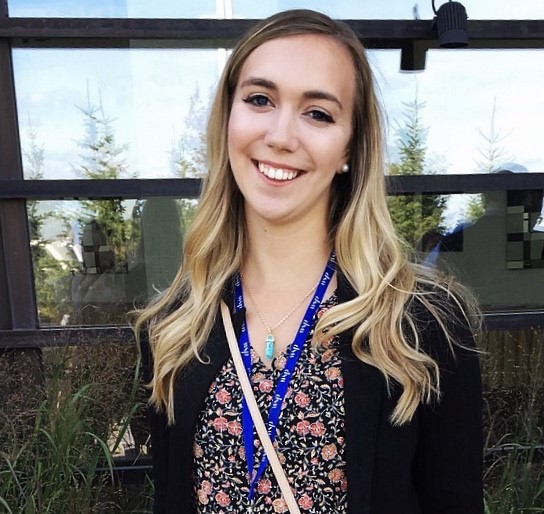
Biography
Rebecca obtained her Bachelor of Science (Honours) in Kinesiology from Queen’s University in 2017. Learning about the social determinants of health and the role our natural, physical, and social environments play in shaping population health, Rebecca then began her studies in Urban and Regional Planning, concentrating on health and social planning. Her aim in research and practice is to improve health and social equity for vulnerable peoples through policy and program design, implementation, and evaluation. Completing her MPL in 2019, Rebecca worked as a Research Coordinator in the Centre for Research in Social Justice and Policy (CRSJP) at Laurentian University in Sudbury, Ontario. Her work involved community-based research with faculty from various disciplines on aspects of homelessness in northeastern Ontario. Rebecca started her PhD in September 2020 in the School of Northern and Rural Health at Laurentian University in Sudbury, ON, under the supervision of Dr. Carol Kauppi, Director of the Centre for Research in Social Justice and Policy.
Research with PWIP
In recent years, there has been increasing political awareness of the role government can play in repairing relationships with Indigenous peoples. While reconciliation means something different to key players around the table, there have been many ways it has been defined in policy. The United Nations’ Declaration on the Rights of Indigenous Peoples (UNDRIP), the Truth and Reconciliation Commission of Canada (TRCC)’s Calls to Action, and most recently the Canadian Institute of Planners (CIP) Policy Statement on Planning and Reconciliation have all attempted to direct change towards improving the relationships between settler governments and those of Indigenous communities. Yet, how have these key pieces of policy shaped real planning processes and outcomes on the ground? My research aimed to answer this question by analyzing municipal officials plans against promising practices for engagement with Indigenous communities from these guiding documents. From themes emerging from my analysis of these documents, I developed and applied a framework to assess the degree to which municipal official plans lay the foundation for mutually beneficial, collaborative planning efforts with neighbouring Indigenous communities, considering the concepts of self-determination, protecting and upholding Indigenous rights, partnership and relationship building, protecting sources of culture, and promoting tolerance.
Other Research Interests
-
Program & Policy Design and Evaluation; Developmental Evaluation in Health & Social Systems Planning
-
Complexity Science; Understanding Complex Adaptive Systems in Health & Social Planning